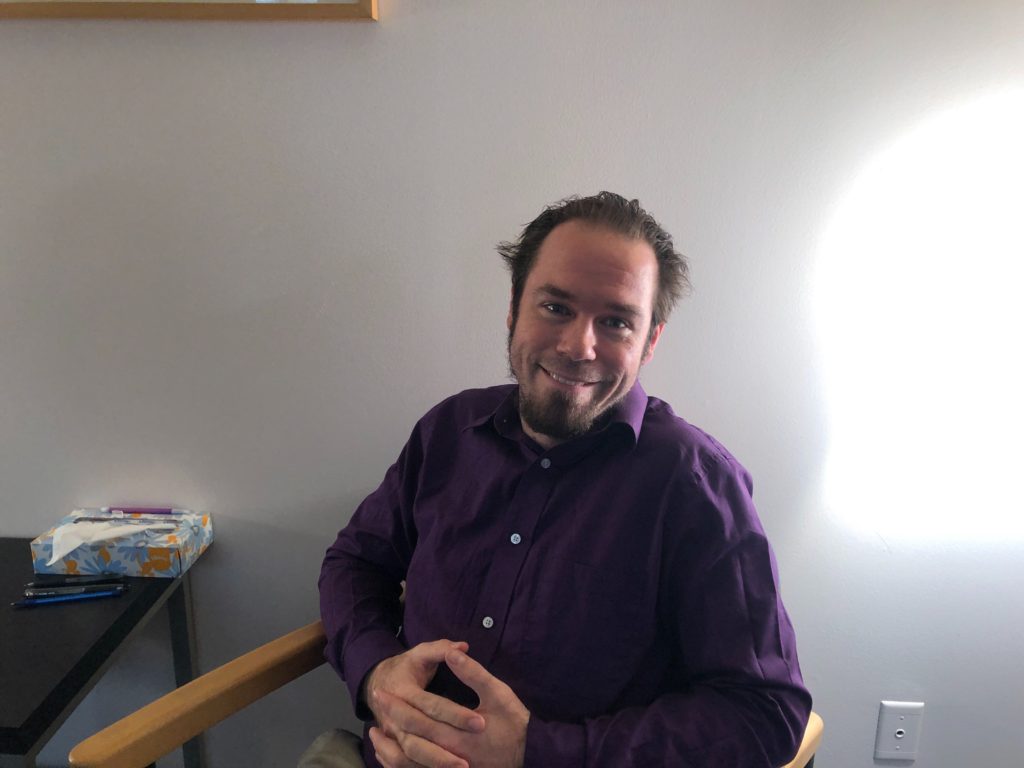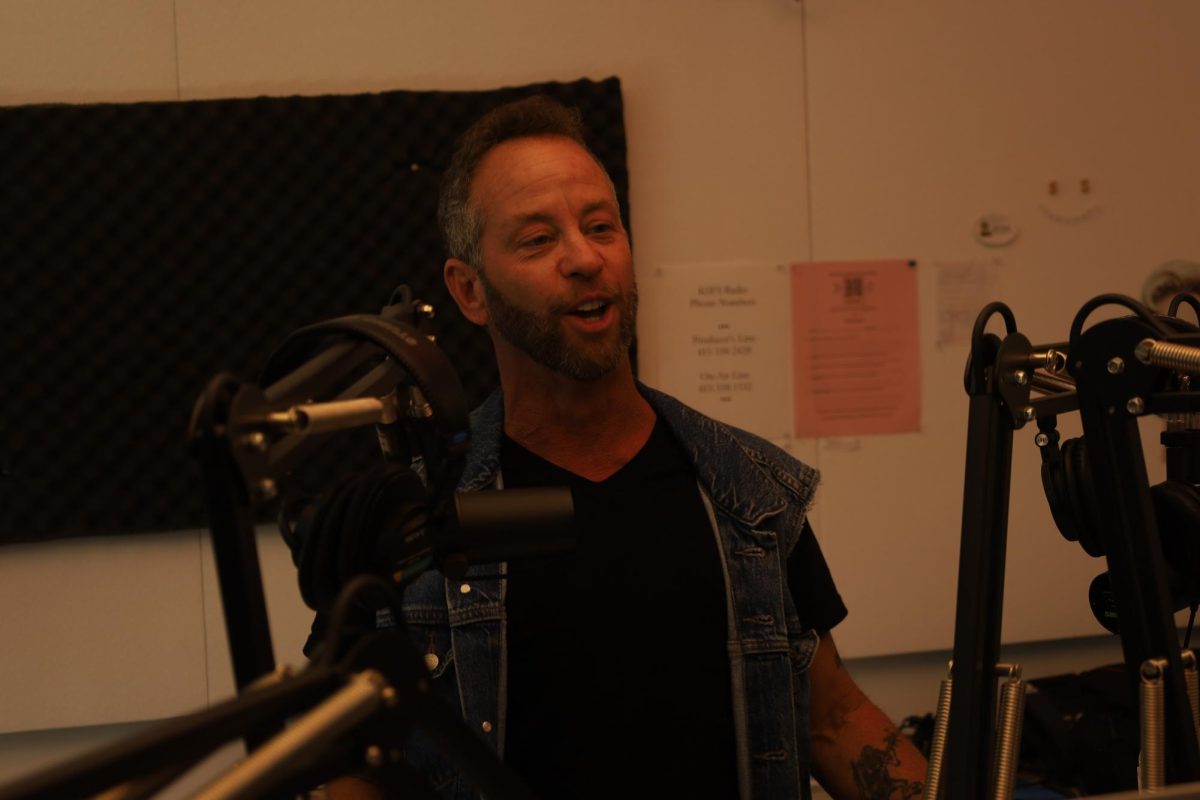In today’s world, mental health issues are very common, especially with young adults. For example, according to the Child Mind Institute, nearly one in three adolescents will meet criteria for an anxiety disorder by the age of 18.
“Almost all of us, but especially students, are confronted with increasing pressure from external forces: parents, friends, partners, media, economic forecasting, sociopolitical dynamics,” said Mike Lysaght, SF State Student Health case manager. “Wherever we turn, there is a chance that we might feel that we are somehow unprepared, not working hard enough, not appealing enough or won’t succeed in working toward change.”
Luckily, there are some resources like support groups and counselors on campus for students struggling with any mental health issue. As one of these resources, Tranquil Mind is an on-campus support group lead by a licensed professional that gives students tools to help deal with anxiety.
The group was started in the fall of 2018 by Dr. Young, an on campus doctor, and Lysaght as a response to seeing an increase of students experiencing episodes of panic and anxiety. Lysaght received his master’s degree in counseling and psychology from the University of San Francisco and is a licensed marriage and family therapist.
Lysaght leads Tranquil Mind every Tuesday at 12:15 – 1:15 p.m in the Health Centers conference room. The support group focuses on the use of cognitive behavioral therapy as well as mindfulness and breathing techniques.
“I think this group provides useful skills and strategies for a student to deal with stress, anxiety, panic attacks and feeling overwhelmed,” said Kay Gamo, doctor at SF State.
One tool that Lysaght hopes students will take away from the support group and can apply to their everyday lives is the ability to break a problem down into parts by saying:
“I am working on this. This is manageable. I can see the next steps. I can make a choice that brings me closer to my goal. I am enough,” he describes the problem break down.
Some students might have a fear of reaching out for help due to the negative stigma surrounding mental health.
“Stigma around mental health can arise from any number of places,” said Lysaght. “While it has become more socially acceptable among younger generations of Americans to seek help for mental health concerns, there are larger historical contexts that can make it more difficult for immigrants, older Americans or those who identify strongly with another culture or value system.”
He states that including cultural competency training for medical and mental health providers, increasing access to culturally diverse providers and languages and normalizing different variations of the human experience can go a long way in helping people who are new to therapy find a space for themselves.
Besides Tranquil Mind and other support groups, SF Students have access to make an appointment with a licensed mental health counselor as a part of the Counseling and Psychological services (CAPS) on campus.
“CAPS offers trauma informed, free and confidential support to SF State enrolled undergraduate and graduate students,” said Interim director of counseling Cornel Morton.
Students are able to make three to six appointments during the academic semester. The CAPS staff includes two case managers who facilitate support for students. The counselors can also make referrals to community mental health resources for students who need extended care.
No student has to be alone in their mental health journey; there are resources and professionals on campus to help.





